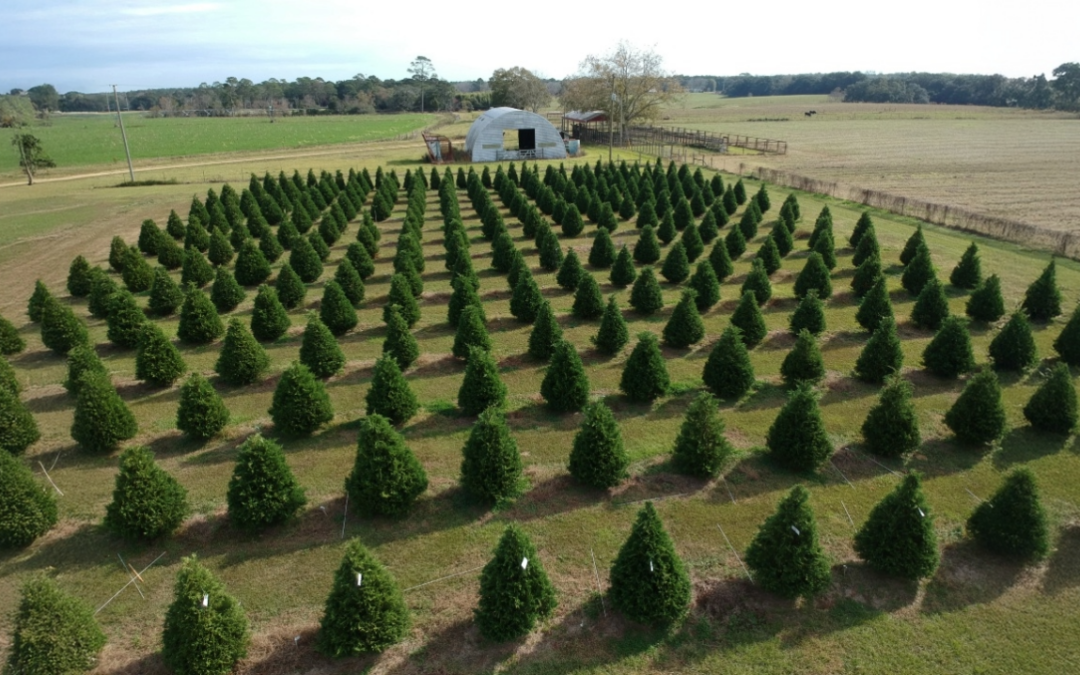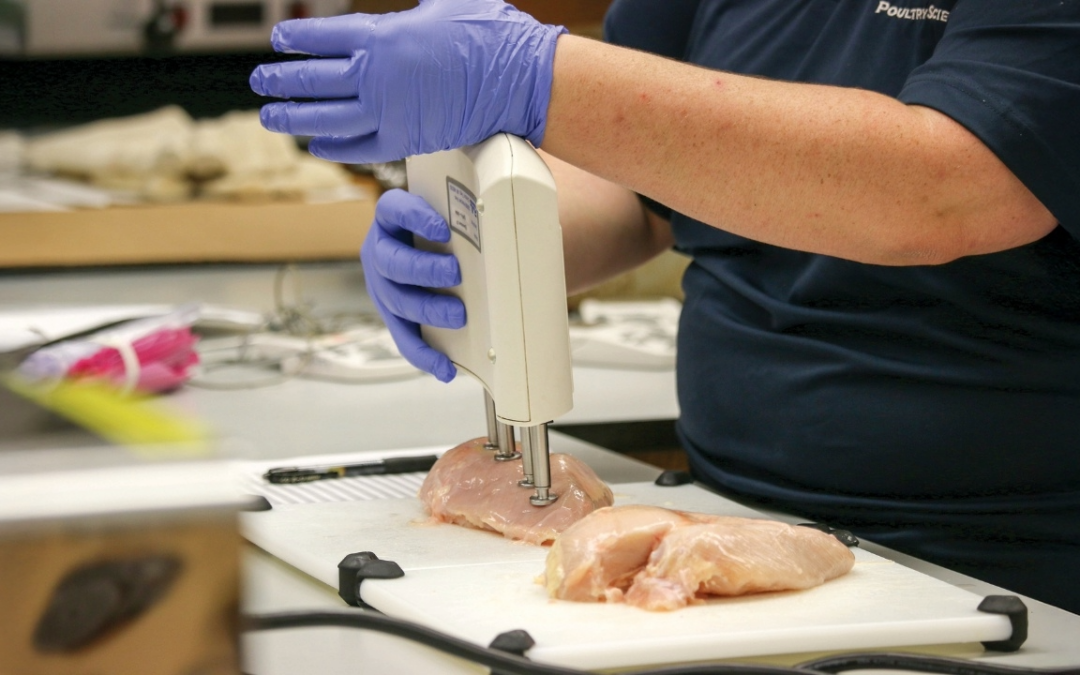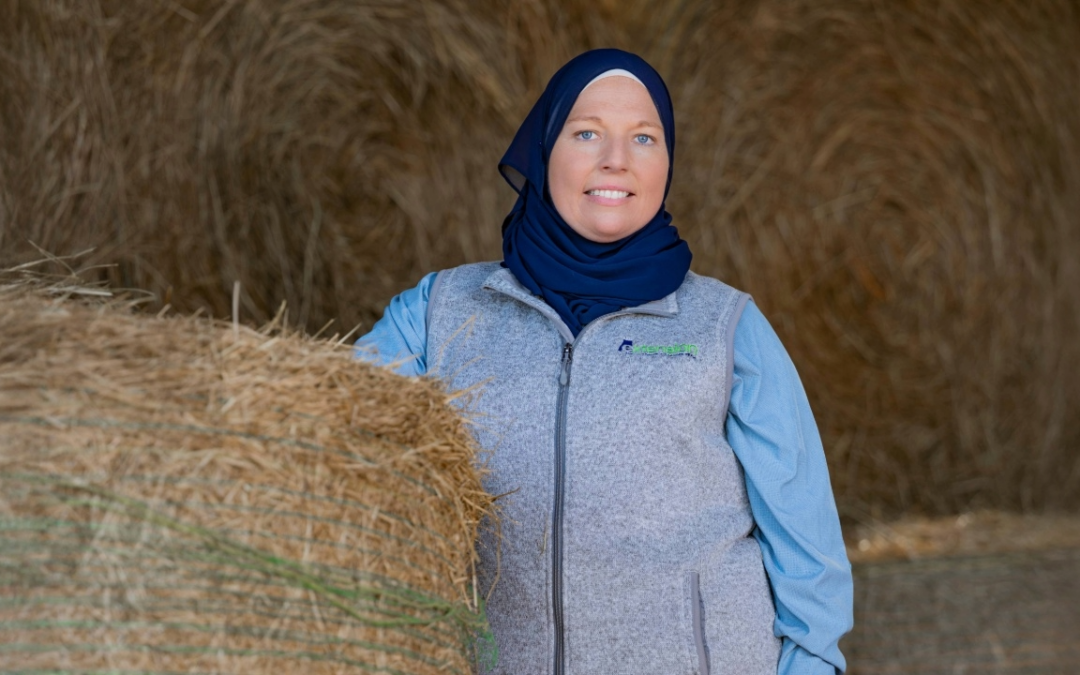Researchers with Alabama Cooperative Extension System (ACES) and Auburn University are conducting a statewide voluntary survey to determine the reach of a disease affecting loropetalum plants in nurseries. It’s the first step in a farm bill-funded research project aimed at identifying best practices to control the pathogen.
The disease, bacterial gall, was first reported in the U.S. in 2013 and can kill loropetalum plants or make them unsalable. Growers in Alabama, Georgia, Louisiana and North Carolina have reported almost $1 million in losses of infected plant material. According to an ACES report, there is no published research on controlling the disease on loropetalum.
Loropetalum is a popular shrub for home landscapes. Growers may be contacted by a Commercial Horticulture Region Extension Agent and asked to participate in the survey, which will include a visual inspection and collection of symptomatic plants for further testing.
For questions or comments, contact Kassie Conner, Plant Diagnostic Lab; John Olive, Ornamental Horticulture Research Center Director; or Jeremy Pickens, Nursery and Greenhouse Extension Specialist.




